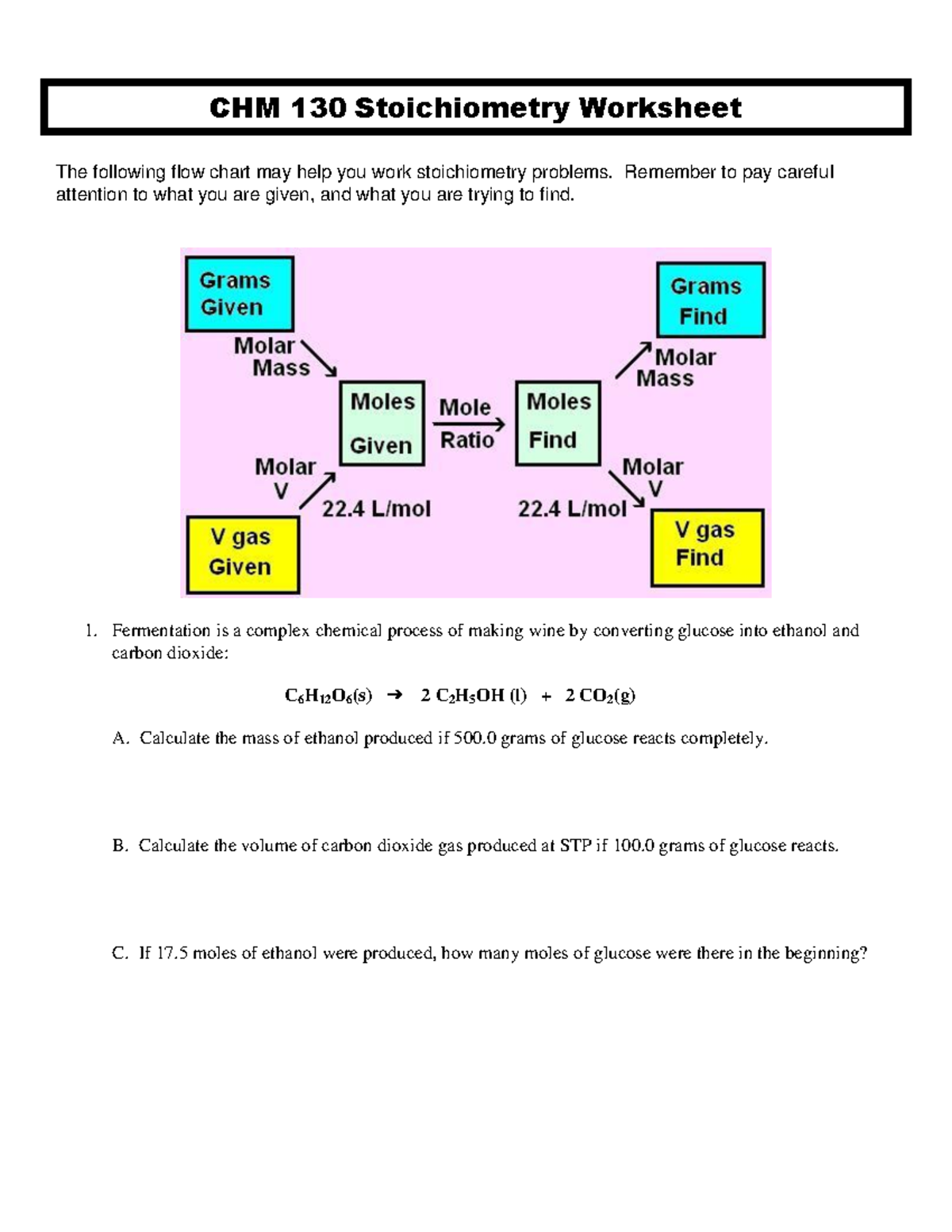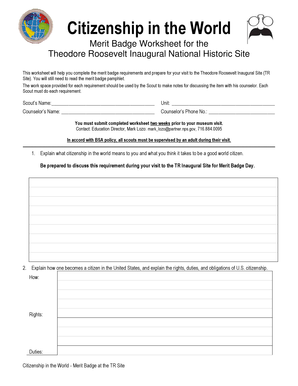CBT Worksheets for Teens: Empower Your Mind Today

Embarking on the journey of personal growth can be a transformative experience, particularly for teenagers who are navigating the often turbulent waters of adolescence. Cognitive Behavioral Therapy (CBT) offers a structured approach to help teens manage their thoughts, emotions, and behaviors. One practical tool in this therapeutic approach is the use of CBT worksheets, designed to empower young minds through self-reflection and skill-building.
Why CBT Worksheets for Teens?
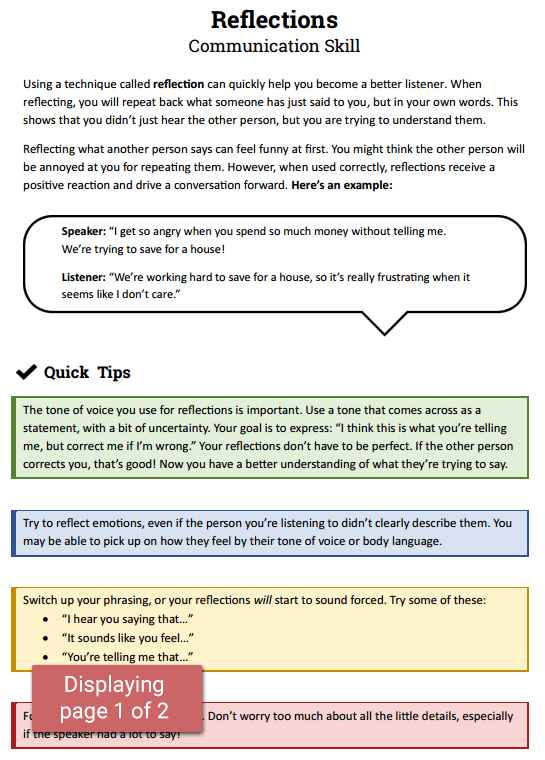
CBT is a well-established therapeutic approach that focuses on the relationship between thoughts, feelings, and behaviors. Here’s why CBT worksheets are particularly beneficial for teens:
- Structure and Clarity: Provides a clear framework for understanding the cognitive-behavioral chain.
- Skill Development: Teaches essential life skills like problem-solving, emotional regulation, and goal setting.
- Empowerment: Encourages teens to take control of their mental health with tangible tools.
- Accessibility: Can be used outside of therapy sessions, making mental health support more immediate and accessible.

Key Types of CBT Worksheets for Teens
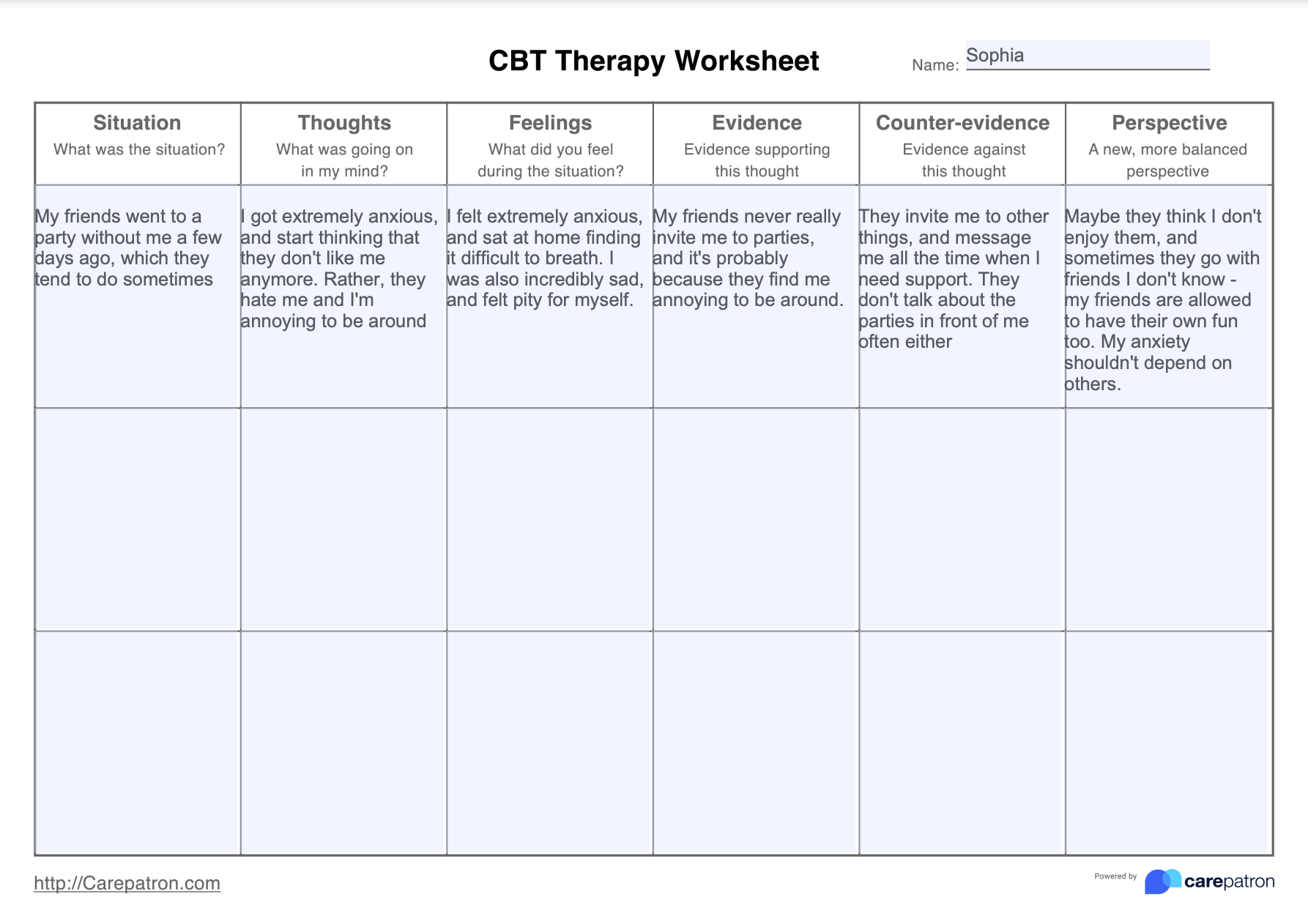
Let’s dive into some of the most effective types of CBT worksheets tailored for teens:
1. Thought Records

Thought records help teens challenge and reframe negative thoughts:
- Identify the situation.
- Record automatic thoughts.
- List emotions and rate their intensity.
- Evaluate evidence for and against these thoughts.
- Develop alternative, balanced thoughts.
- Reassess emotions after considering alternative thoughts.
💡 Note: Thought Records can be particularly powerful for dealing with negative self-talk, a common issue during teenage years.
2. Behavior Experiments

These worksheets encourage teens to experiment with behaviors to:
- Test the validity of their beliefs.
- Practice new behaviors to break old patterns.
- Learn from experiences to adjust future behaviors.
3. Problem-Solving Worksheets

These sheets focus on developing problem-solving skills:
- Define the problem.
- Generate possible solutions.
- Evaluate and choose the best solution.
- Plan and implement.
- Review the outcome.
4. Mood Tracking

Helping teens understand their emotional patterns, these worksheets track:
- Moods over time.
- Identify triggers for negative moods.
- Develop strategies to manage and alter these moods.
5. Core Beliefs and Assumptions

These sheets delve into deeper cognitive structures:
- Identify core beliefs.
- Assess how these beliefs influence daily life.
- Develop strategies to modify or replace unhelpful beliefs.
📝 Note: Core Beliefs worksheets can be particularly insightful, helping teens to understand and modify deeply held beliefs.
How to Use CBT Worksheets Effectively
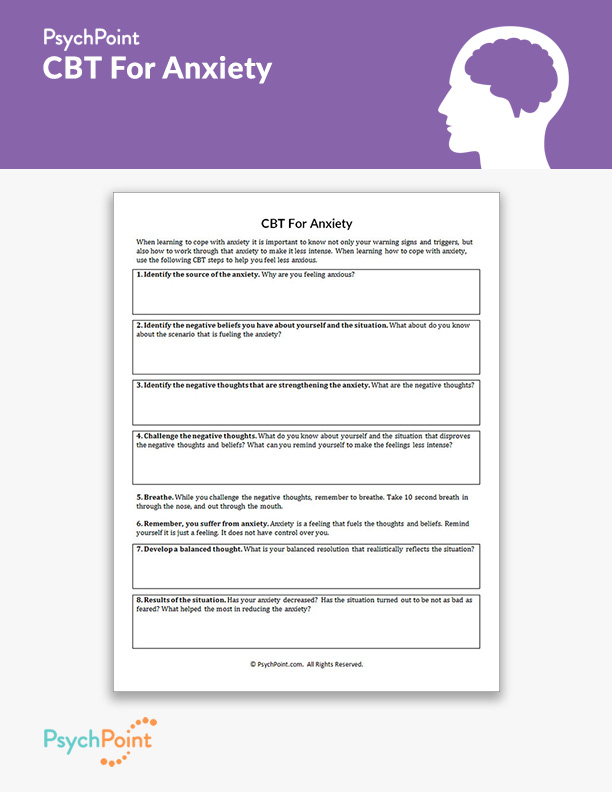
Using CBT worksheets isn’t just about filling out forms; it’s about engaging in a process:
1. Set Goals
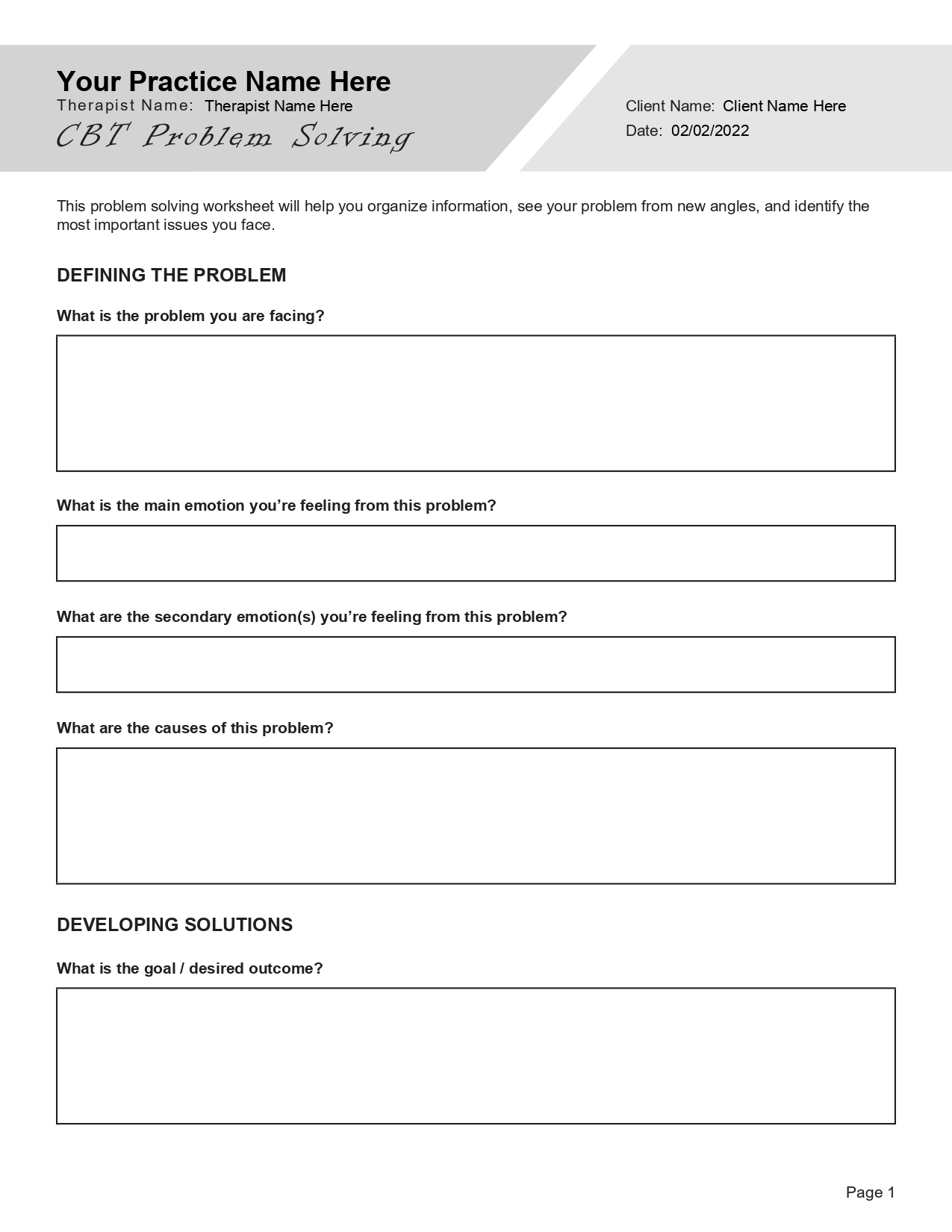
Define what the teen hopes to achieve with the worksheet:
- Reduce negative thinking.
- Increase self-awareness.
- Develop coping strategies.
2. Consistency is Key

Regular use helps:
- To track progress over time.
- Reinforce positive changes in thinking patterns.
- Create a habit of reflection and self-regulation.
3. Engage in Discussion

Discuss the worksheet outcomes:
- With a therapist, teacher, or parent.
- To gain insights or validation.
- To ensure the process isn’t just an individual exercise but a shared experience.
💬 Note: Discussion can enhance the therapeutic value of worksheets by providing different perspectives and support.
4. Integrate with Daily Life

Use the strategies and insights from worksheets:
- In real-world situations to apply learned skills.
- To navigate daily challenges with newfound tools.
5. Review and Reflect

Regularly review completed worksheets:
- To identify progress and areas for improvement.
- To adjust strategies or reframe thoughts when necessary.
In the journey of empowering teenagers, CBT worksheets serve as practical guides to fostering self-awareness, building resilience, and promoting mental health. These tools offer a structured pathway for teens to not only cope with the present but also to cultivate habits for lifelong emotional and psychological well-being.
What age group are CBT worksheets designed for?
+CBT worksheets are typically designed for teenagers aged 12 to 19, but with modifications, they can be used by younger children or adapted for adults.
Can CBT worksheets replace therapy?
+While CBT worksheets are a great supplement to therapy, they are not designed to replace professional help. They are tools to help manage and navigate emotions and thoughts between sessions or as an adjunct to therapy.
How often should teens use CBT worksheets?
+The frequency of using CBT worksheets varies. Ideally, they should be used regularly, perhaps weekly or even daily, to ensure continuity in skill development and to track progress over time.
Guiding young minds through the intricacies of their emotional landscapes can be challenging, but with tools like CBT worksheets, teens can develop a profound understanding of their thoughts and behaviors. They’re equipped to face life’s challenges with resilience, equipped with strategies to help them navigate not just their adolescent years, but also the path ahead, making CBT worksheets a cornerstone in their journey towards mental wellness.
